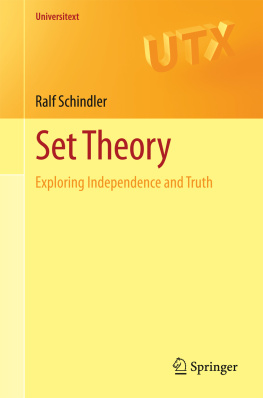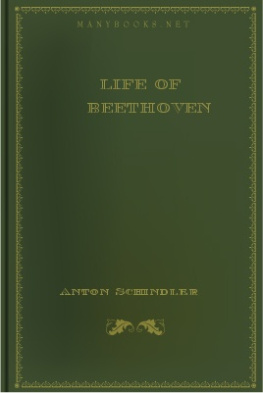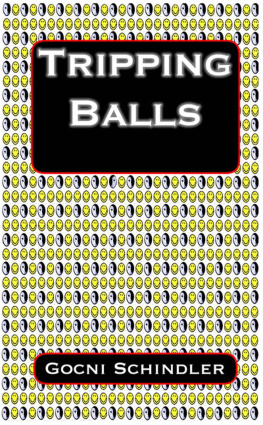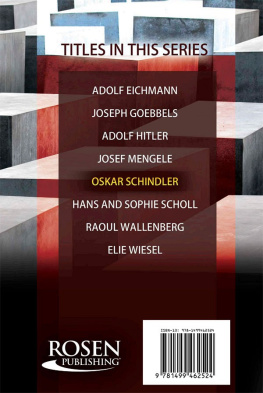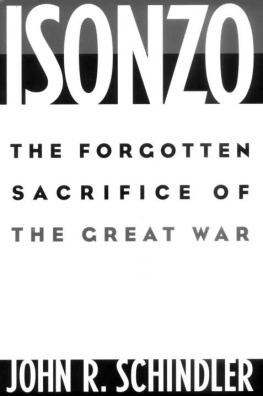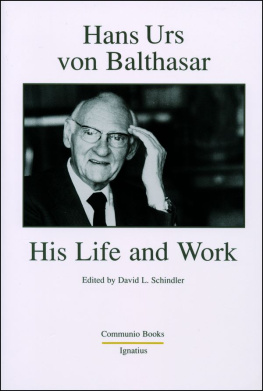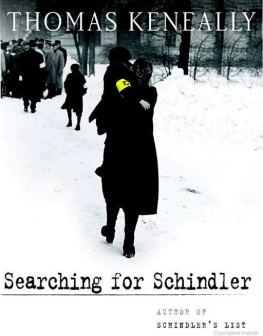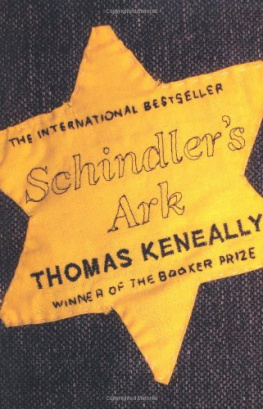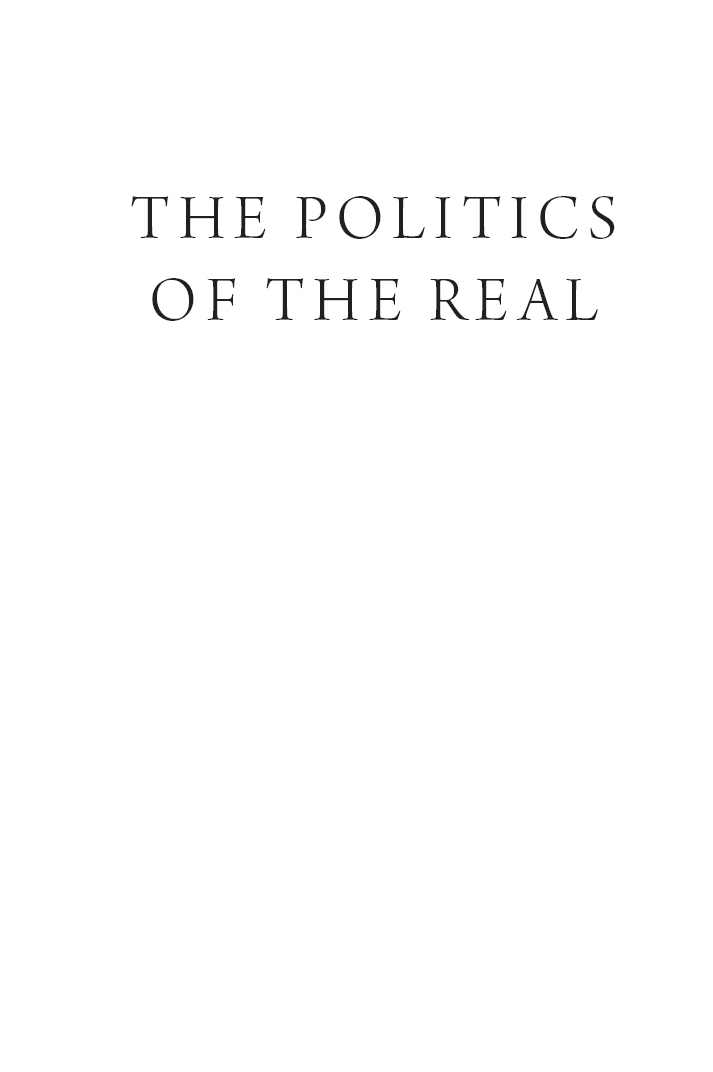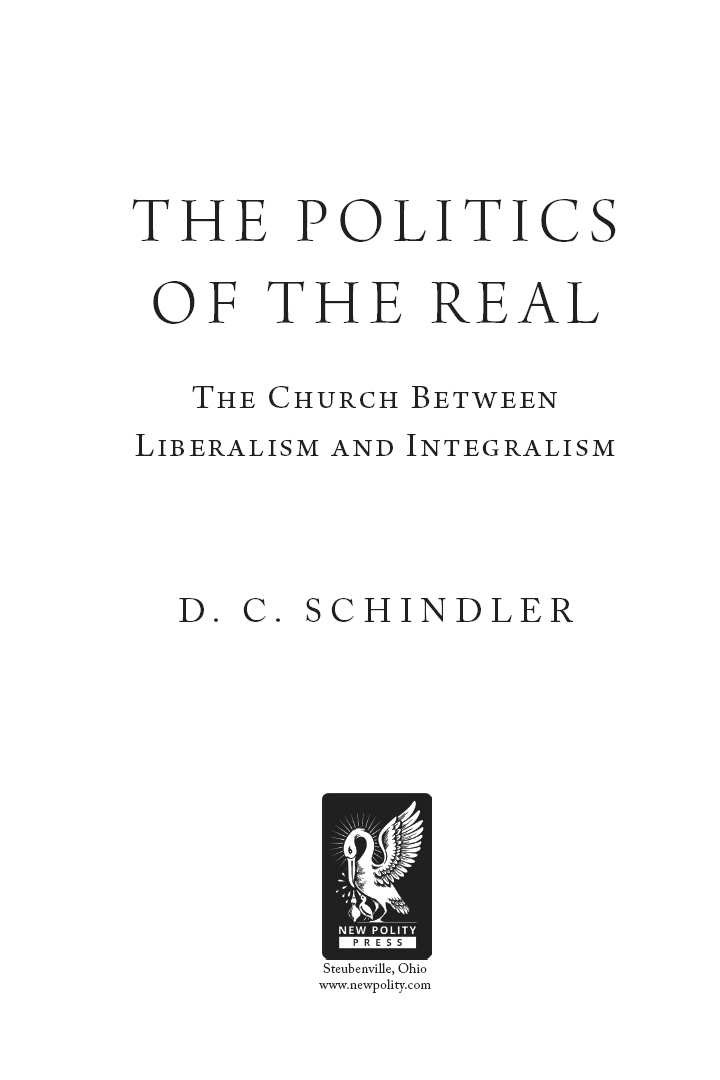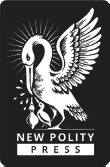PRAISE FOR POLITICS OF THE REAL
Schindlers magisterial The Politics of the Real is a metaphysically realist rejection of the liberal order as an ersatz Catholicism. Anyone who recognizes our fundamental need for a just political order after the collapse of liberalism should read this book.
C. C. P ECKNOLD
Associate Professor of Systematic Theology at the Catholic University of America
David Schindler here manages to raise the critique of liberalism to an altogether new level of sophistication. Secular thinkers must attend to the theological dimension of his analysis if they are fully to understand our current secular circumstances.
J OHN M ILBANK
Emeritus Professor of Religion, Politics, and Ethics at the University of Nottingham and Visiting Professor at the Edith Stein Institute of Philosophy in Granada
Schindler shows that liberalism is wrong, not because it has simply relegated God to the private, but because it has inverted the world: giving us power without authority, in what becomes a closed, necessarily totalitarian, horizon. Here, nothing else can be done with the transcendent God but to find a quiet little place to keep him, harmless and out of the way. When we let God out, a cosmic hierarchy of actof participation in Being Himselfexplodes into view. And this changes everything. A true integralism, a true postliberalism, moves politics back into a cosmos that is itself analogically ordered to participation in the life of God. With The Politics of the Real , Schindler has elevated the postliberal conversation.
A NDREW W ILLARD J ONES
Director of Catholic Studies at Franciscan University of Steubenville and author of Before Church and State
Steubenville, Ohio
www.newpolity.com
A Division of the Institute for Political Philosophy and Theology
PO Box 576
Steubenville, Ohio 43952
2021 D. C. Schindler
All rights reserved. Published 2021
Printed in the United States of America
First Printing 2021
Scripture taken from the HOLY BIBLE, NEW INTERNATIONAL VERSION. Copyright 1973, 1978, 1984 Biblica. Used by permission of Zondervan. All rights reserved.The NIV and New International Version trademarks are registered in the United States Patent and Trademark Office by Biblica. Use of either trademark requires the permission of Biblica.
Cover image: Grape Vines and Fruit, with Three Wagtails by Bartolomeo Cavarozzi
Cover design and layout by Alex Renn
Contents
For Michael Hanby, in friendship
The ideal subject of totalitarian rule is not the convinced Nazi or the convinced Communist, but people for whom the distinction between fact and fiction (i.e., the reality of experience) and the distinction between true and false (i.e., the standards of thought) no longer exist.
Hannah Arendt
ACKNOWLEDGMENTS

T he present book had its origins, quite improbably, between the covers of a spiral-bound notebook with an image printed on the front of a scantily-clad Taylor Swift tiptoeing through some kind of a swampa Christmas gift from my brother-in-law. During that chaotic holiday visit with my wifes family in Florida, I worked out in the Taylor Swift notebook the basic framework of what seemed to me a new way of conceiving the relationship between authority and power, in preparation for a conference that was to be held at the John Paul II Institute in Washington, DC in February, 2013 to honor the 50th anniversary of Dignitatis Humanae . The presentation I gave, published with the other papers from the conference in the Summer-Fall issue of Communio that year (40, no. 2-3), forms the substance of of the present volume. This was a kind of seed from which the rest of the book grew, and was the only part written before the general plan of the book was conceived; it has now been revised, in light of that plan, in order better to fill its place in the whole. The conception for the book proper came in response to my encounter, shortly after the conference, with Catholic integralism, which I discovered had a similarly-intentioned critique of liberalism but arrived at significantly different conclusions on a number of basic points. The book thus took shape out of a desire to deepen my criticism of liberalism, to clarify its differences from integralism, and to sketch the principles of a truly adequate conception of political order.
Many parts of the argument presented here had their first go in a variety of contexts in the meantime. have appeared in New Polity magazine, of which the Press publishing the current book is an offshoot.
It has been a delight to work with the good people of New Polity Press, who have such a clear and bold vision of what a genuinely Christian culture ought to be. I wish to express my gratitude to Andrew Willard Jones and Jacob Imam for their oversight of the whole, to Reuben Slife for his proofreading, to Alex Renn for his competence and expert judgment in designing the book and putting the pieces together, and especially to Marc Barnes, for having painstakingly edited the entire manuscript, making innumerable stylistic corrections and suggestions and raising helpful questions regarding the content as well. I would also like to thank Rebecca Browns for compiling the bibliography. Needless to say, whatever mistakes remain are my own responsibility. Finally, I wish to thank my colleagues, friends, and family at the John Paul II Institute for the constant formation given by their conversation and for the privilege of collaboration in noble work. Whatever is good in this book is due especially to Nicholas Healy; Michael Hanby; Fr. Antonio Lpez; my father, David L. Schindler; and, above all else, my wife, Jeanne, who has a more profound understanding of Christian civilization than anyone else I know.
INTRODUCTION
The Order of Things
T here has been a particular connection between politics and the real (from the Latin res , meaning thing) from the beginning of Western civilization. For us, living on the far side of modernity, this correlation evokes the Realpolitik inaugurated by Machiavelli in his reaction to the empty moral ideals of the late Middle Ages and his desire to found existence on the solid ground of human nature as it really is. But the correlation has more original roots, which lie deeper in the earth of Western civilization and draw from a time before ideals became empty. The history of political order in the West begins with the establishment, cultivation, and regulation of the res publica . The public thing is a community of persons, which is made possible as a reality in itself by virtue of the reality of the common good around which it takes shape. Formed and in-formed by the common good, by the genuinely true and by significant beauty, the res publica opens space for all other things to be real, or in other words, to be nurtured and cared for in themselves and made available for others. A wild vine produces some grapes, but planted in a protected vineyard, raised above the earth, disciplined through pruning and cutting, and provided for in a manner more reliable than the whims of the daily weather, it yields fruit in abundance. By analogy, all human things flourish when cultivated. Human society is itself such a thing; it expresses and affirms itself in the cultural forms that gather up the many elements of human activity into meaningful realities, into things that have a proper place in relation to the whole.


